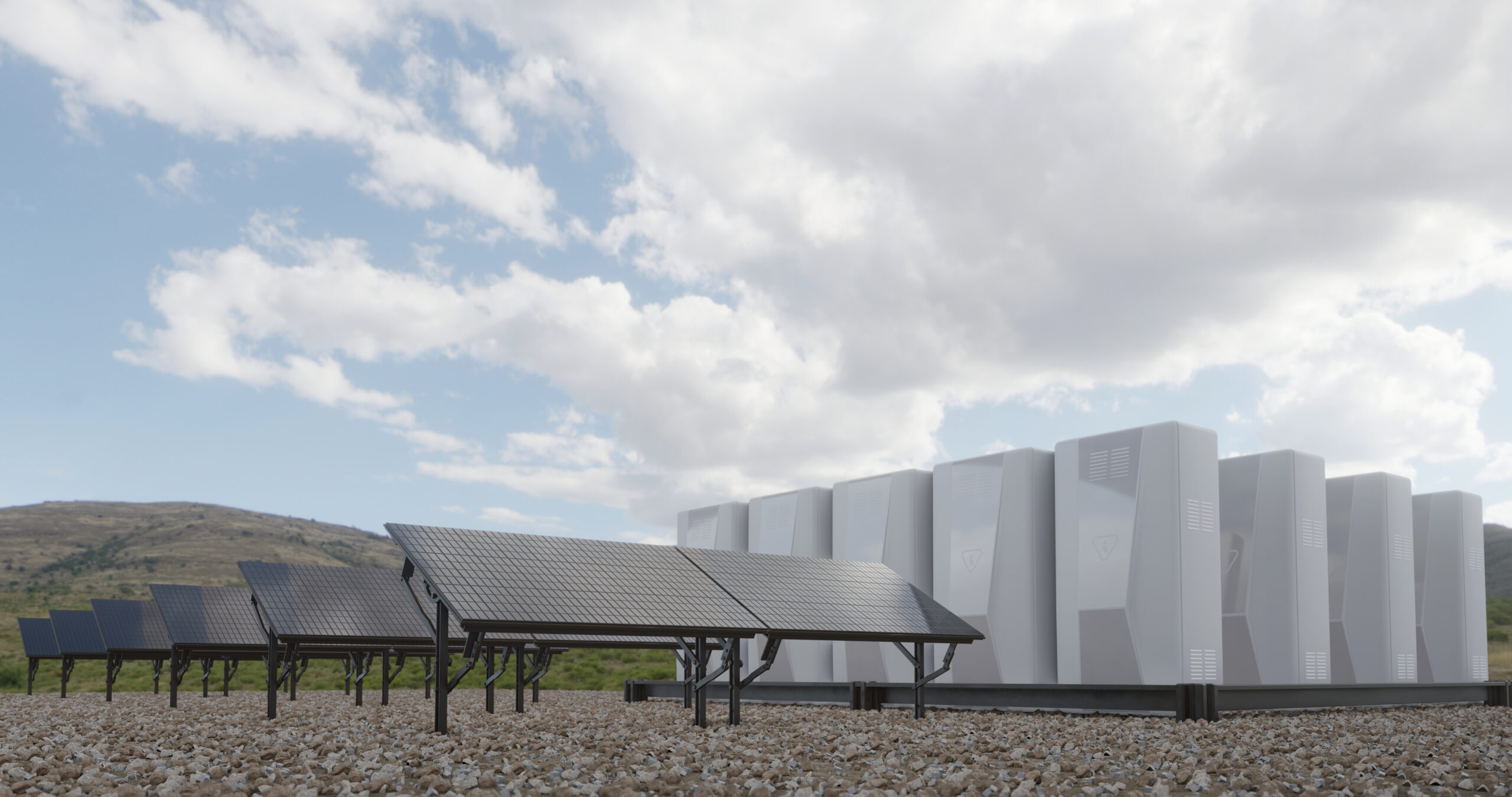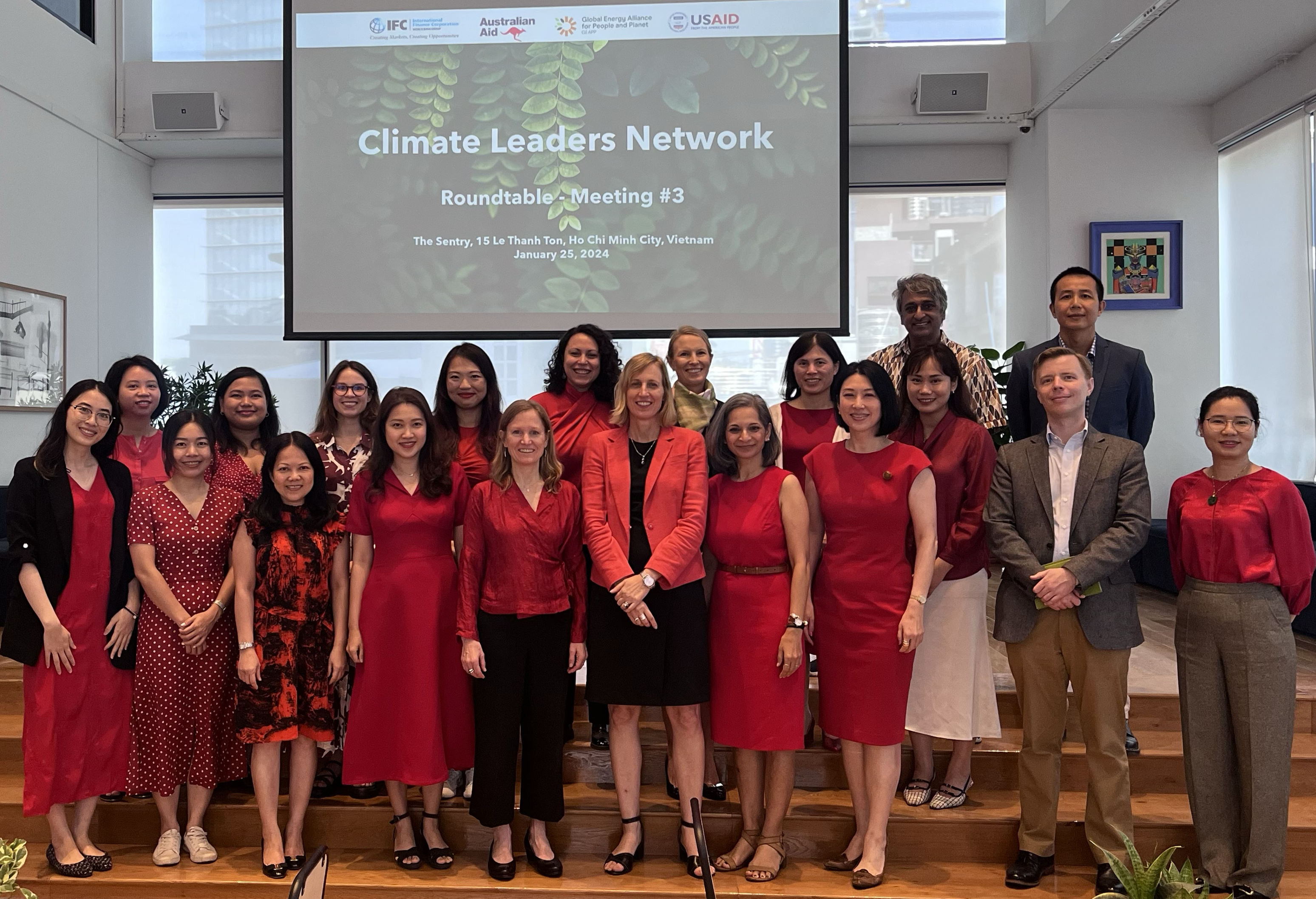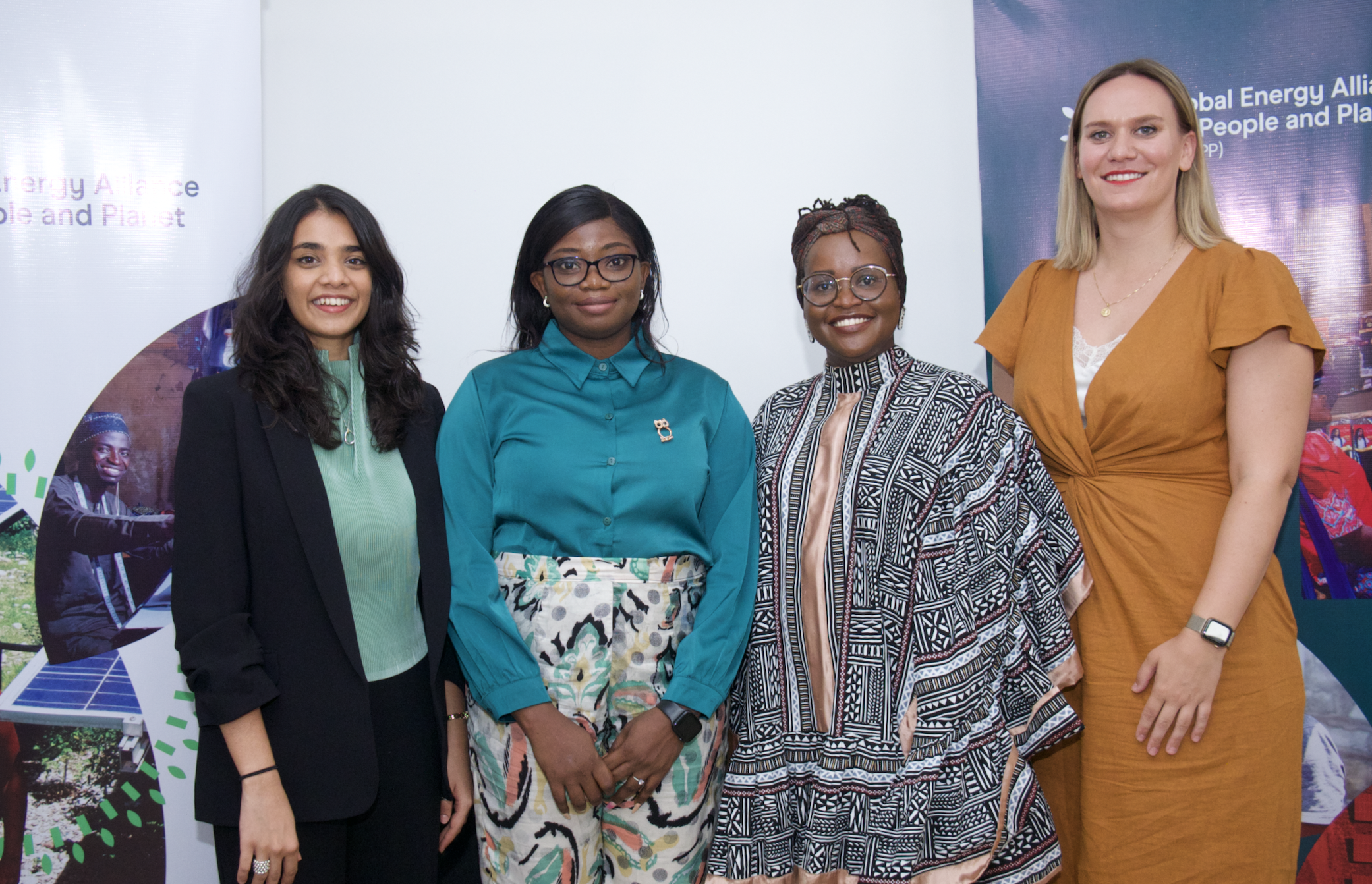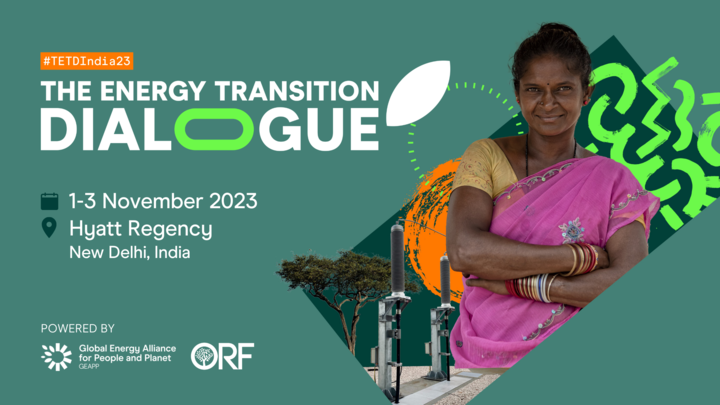
Battery Storage for Grid Stability
Of Malawi’s 20 million people, fewer than 2.5 million have access to grid electricity. Even for those who do, Malawi’s electricity system struggles to supply reliable power. This tempts families, industry, small businesses, hospitals, and others to install and use backup diesel generators.
Malawi’s power sector is generally cleaner than those of many peer countries, with hydropower accounting for nearly 80% of installed electricity generation capacity. The government is also further diversifying its low-carbon electricity generation capacity. As of 2022, Malawi’s power system has added 80 MW of solar power and decommissioned 78 MW of grid-based diesel generators. This trend is continuing, with more than 300 MW of additional solar power slated to be added by 2024.
Malawi’s heavy reliance on clean energy sources, however, presents several challenges. Hydropower is affected by seasonal changes in rainfall and droughts, which are increasingly impacted by climate change. Solar power is also intermittent, making it harder to maintain a stable grid without a steady base supply.
To maintain and expand its clean energy pathway, Malawi must stabilize its grid and expand generation capacity enough to serve millions of people, all without turning back to diesel power.
The key here is energy storage. The Alliance is helping the government-owned Electricity Supply Corporation of Malawi (ESCOM) deploy and operate a 20 MW battery energy storage system (BESS).
This battery system will strengthen Malawi’s grid and enable a far steadeir uptake of variable power from renewables. The project includes funding for design, engineering, procurement, construction, and testing of the new storage system. In addition, local workers will receive on-the-job training to take over operations and maintenance of the system, further expanding local expertise and livelihoods.
This BESS project will prove that a robust battery system can maintain the proper frequency and voltage, at scale, on a grid with a high share of renewable energy. In addition to improving the grid’s reliability, the project will refine and advance regulatory policies that will open the way to a far greater deployment of battery systems across the region.
Targets

million people with improved access

improved jobs and livelihoods

carbon avoided by 2030
To accelerate further battery deployments, the Alliance will share information on BESS system performance and pricing for grid support services.
In collaboration with local and regional research institutions, the Alliance will also establish a regional learning hub where industry leaders and academics will process lessons and further develop best practices. Malawi’s BESS is expected to demonstrate that this approach – renewable energy with battery storage – offers a resilient low carbon development path.
The direct result of this project will be, first, to improve the reliability of the national grid. About 2.4 million people are expected to gain improved access to electricity and more than 450,000 people’s jobs or livelihoods will be improved by greater power reliability.
The BESS will unlock Malawi’s ability to incorporate more renewable energy and will enable hundreds of MW of additional solar capacity to be smoothly incorporated over the coming years. By displacing diesel generators and other stopgap power sources, this solar is expected to directly prevent 20,000 tons of CO2 emissions and the true carbon impact of this battery system could end up being far greater through its effect on the deployment of even more renewables over time.
The Malawi BESS project promises dramatic improvements in electricity access and livelihoods at a relatively modest cost. It will demonstrate a vital solution to the intermittency challenge and should help accelerate energy transitions across the developing world.



